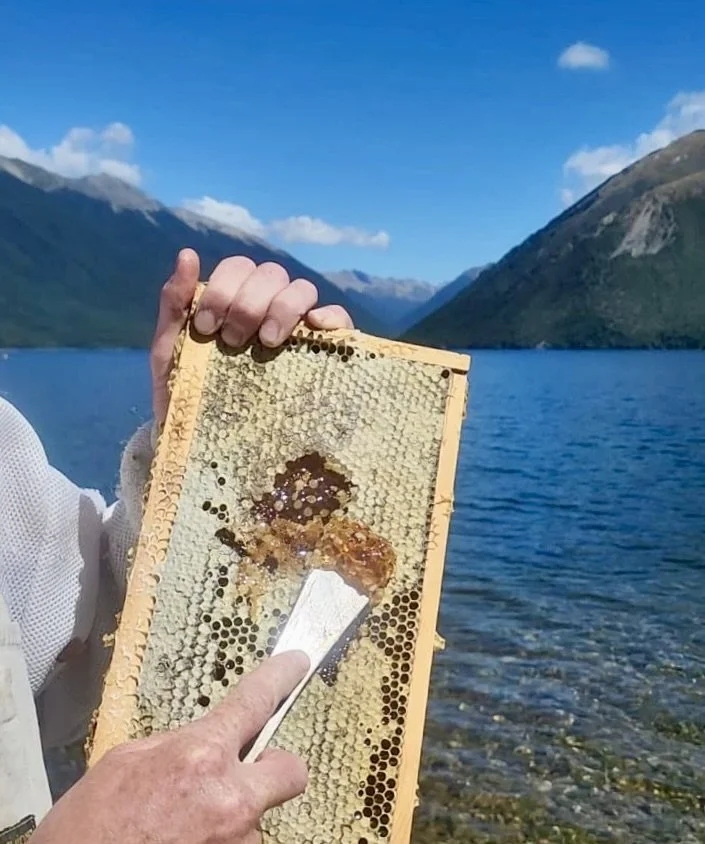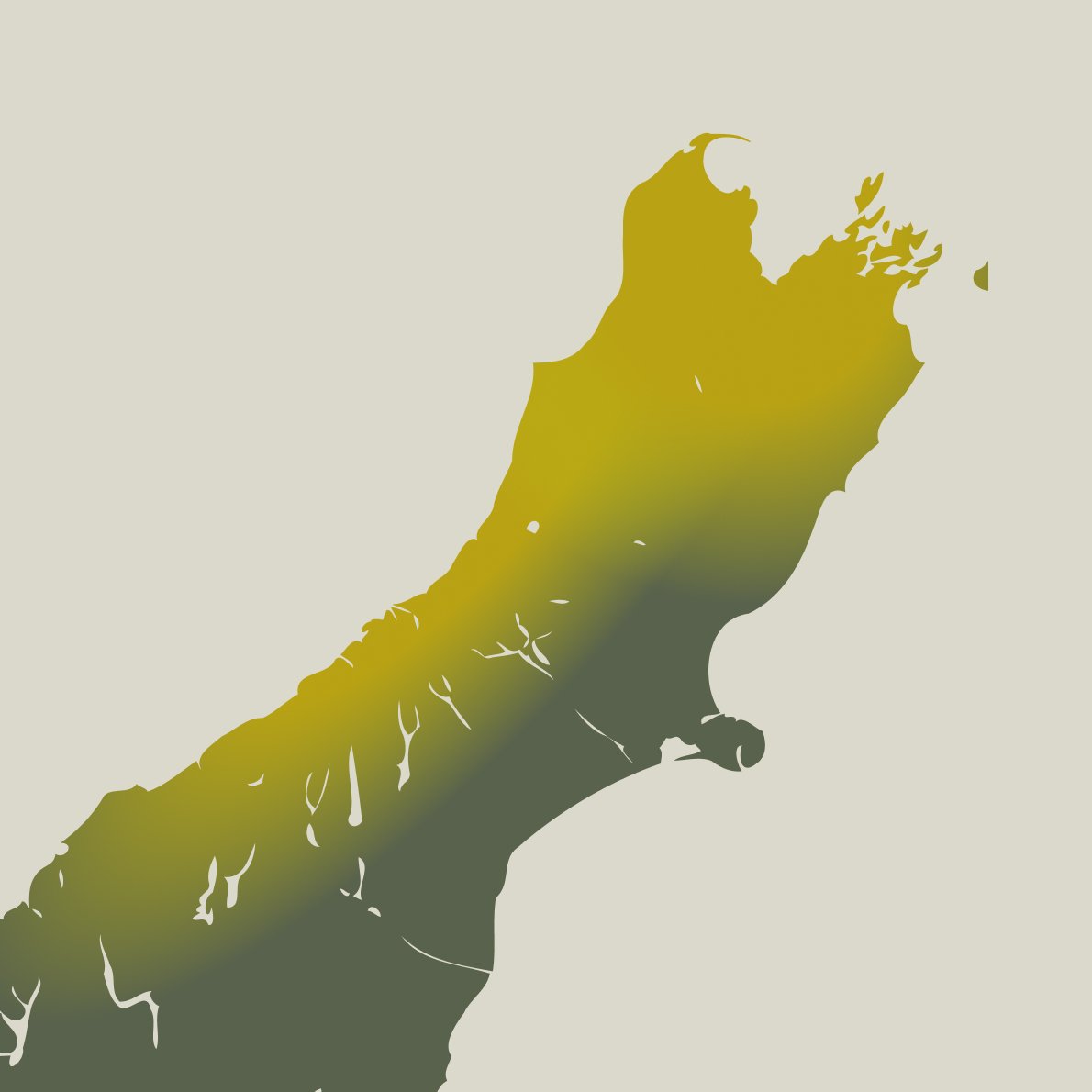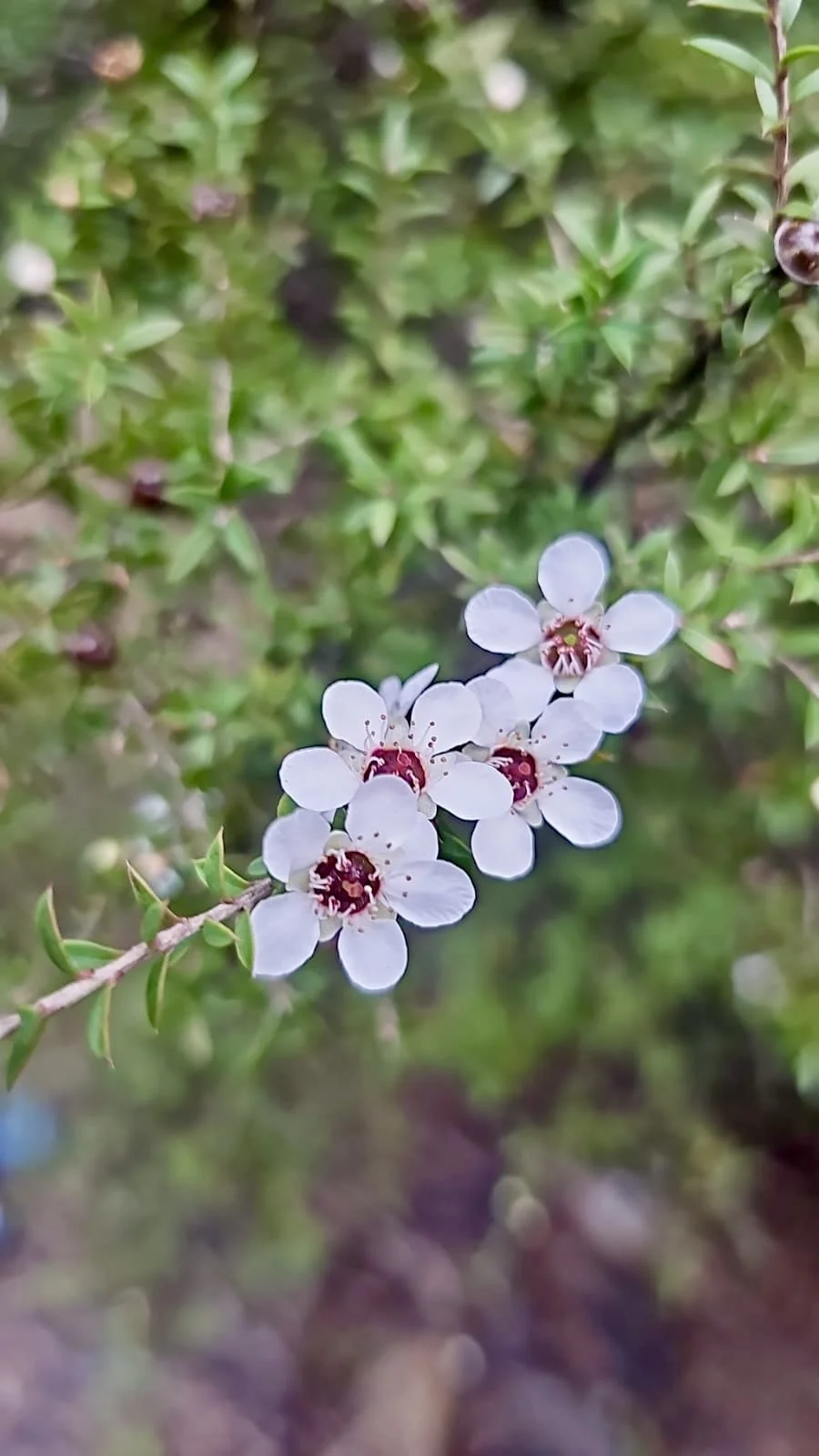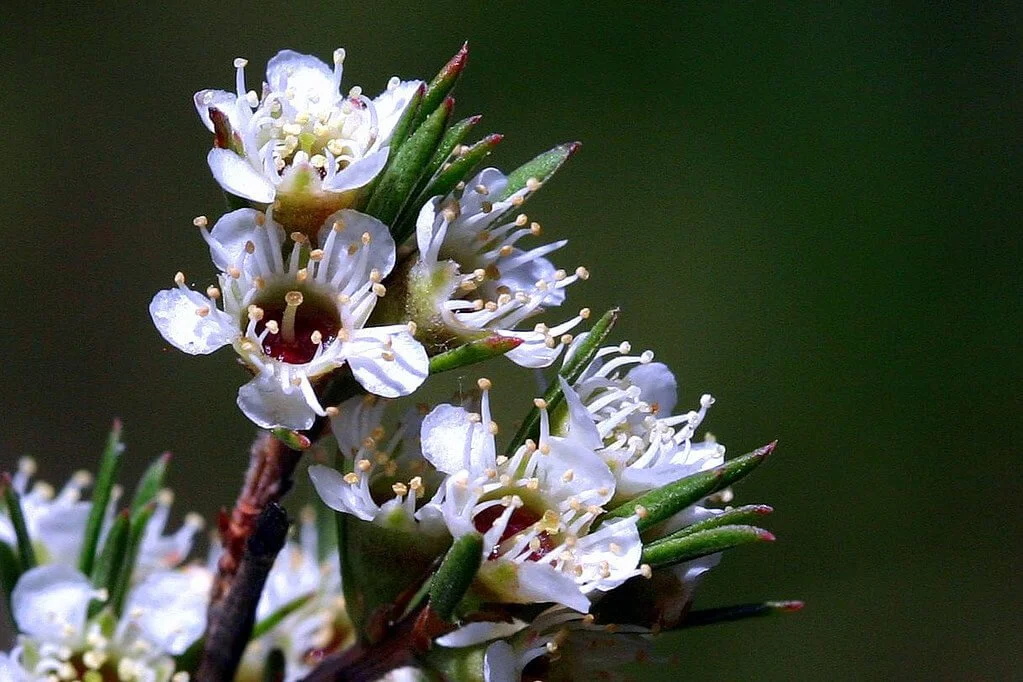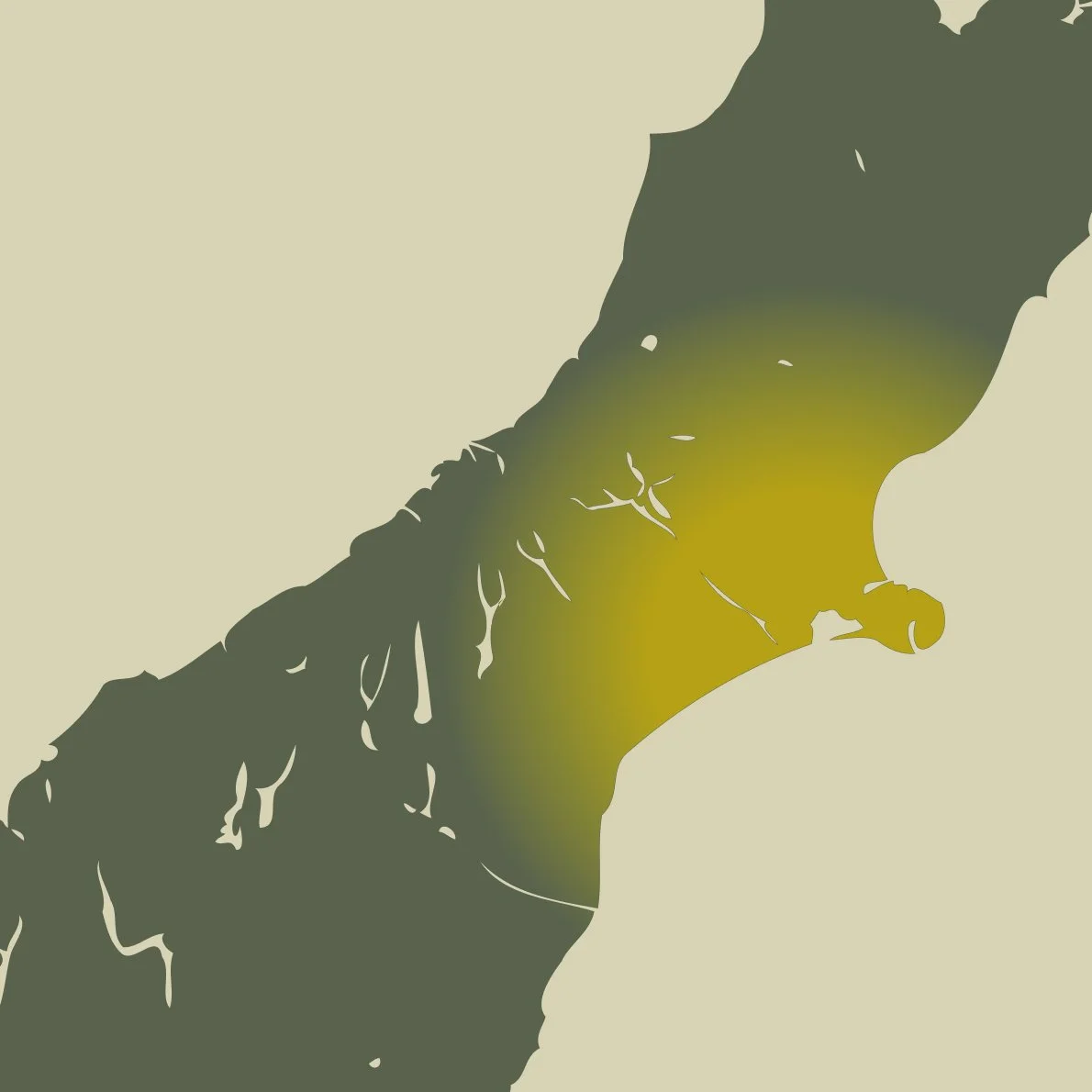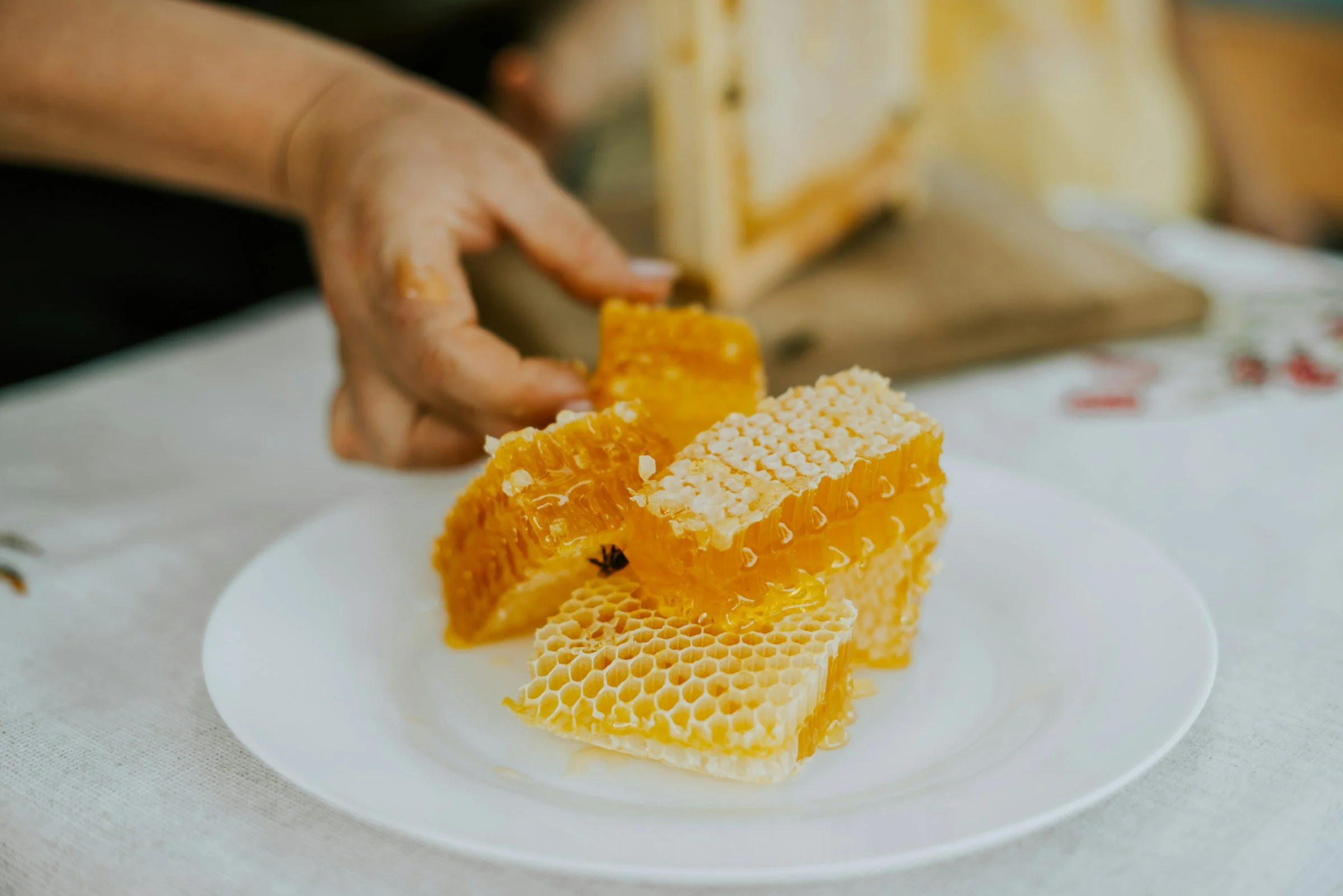
Aotearoa Honey
Naturally perfect for quality meadOne of the great joys of mead making is that every honey is unique, based on the flowers the bees have pollinated. When the sweetness ferments away, it reveals flavours far more intense than in its honey form.
Our meads showcase and celebrate the honey they are made with, creating unique, drinkable experiences.
Mānuka
Mānuka honey is one of Aotearoa’s most famous exports - known around the world for its powerful antibacterial properties, rich flavour, and deep connection to the native landscape.
Graded using UMF (Unique Mānuka Factor) or MGO levels to reflect its medicinal strength - with high-grade jars fetching hundreds of dollars internationally. From skincare to natural health remedies, it’s prized globally for its rare combination of purity, potency, and provenance.
Our Mānuka honey is sourced from selected hives in the South Island of Aotearoa New Zealand.
Kānuka
The lesser-known sibling of Mānuka, but in many ways, it’s just as special.
Kānuka grows wild and strong - its ability to thrive in harsh conditions makes it a crucial species for environmental rehabilitation.
Kānuka honey is lighter but deeply complex.
Our Kānuka honey is sourced from selected hives in the South Island of Aotearoa New Zealand.
Black Beech Honeydew
Sourced from the forest, not farmed.
In the forests of Aotearoa, bees collect honeydew straight from the trunks of beech trees. No forest clearing, no irrigation, no bulldozers.
Just trees, bees, and time.
Hives are placed for the season by a legendary local beekeeper, Will Tod, who genuinely cares for his bees and the forest they roam, helping keep wasps in check, boosting pollination, and leaving the land just as it was found.
Our Honeydew is sourced from hives placed with native trees in the Nelson Lakes region of the South Island of Aotearoa New Zealand.
Clover
Sourced from hives around Canterbury, New Zealand, Clover is a classic honey taste loved by generations - and particularly good for infused flavour meads such as our Rhubarb’d Mead.
Our Clover honey is sourced from a blend of hives around the Canterbury region of the South Island of Aotearoa New Zealand.
Sustainablility
By supporting sustainable beekeeping practices, mead production can help protect biodiversity and reduce strain on agricultural land.
HEALTH & GOODNESSMead isn’t wine, beer, or cider- but its own category. It’s something older and more elemental, carrying traces of the flowers or the forest. With undetectable heavy metals, minimal sulphites, and a natural trace of protein, our meads exhibit uncommon purity.
Independent testing showed undetectable levels of heavy metals (below 0.10 mg/kg). That’s an exceptionally clean profile for any alcoholic drink, and it reflects the pristine New Zealand landscapes where our bees forage.
Our meads are crafted with only minimal sulphites thanks to honey being a natural preservative.
For many people, this makes for a gentler, more natural beverage.
| Test Result | Undisturbed Mead | Typical Wine | What It Means |
|---|---|---|---|
| Heavy metals | Undetectable (<0.10 mg/kg) | Trace amounts often present | Exceptionally pure |
| Sulphites | Low (minimal added) | 50–200 mg/L | Gentler on many drinkers |
| Protein | Trace present | None | Unique to honey fermentation |
| Sodium | Trace | Trace | Negligible difference |

ABOUT UNDISTURBEDOur Story
Living long and well is important to us. With a little one on the way and thinking of the future, we began searching for a healthier, eco-friendly wine.
A beekeeping friend introduced us to honey wine (mead), sparking the exploration of local honeys and botanicals that are both good for the body and sustainably produced.

